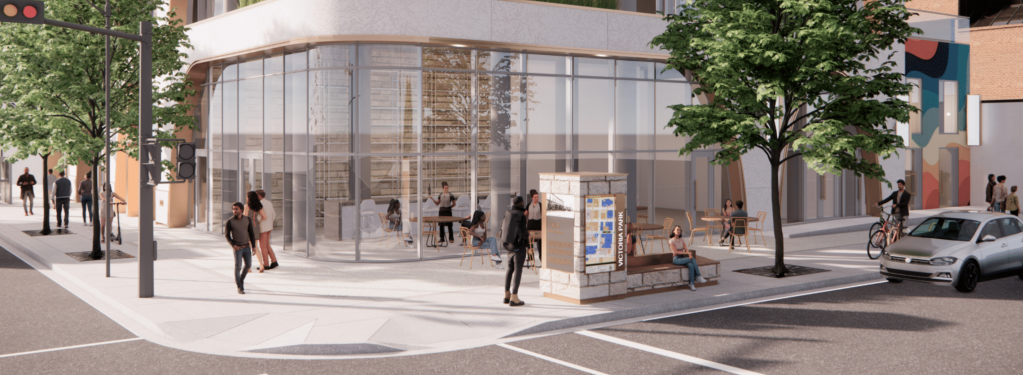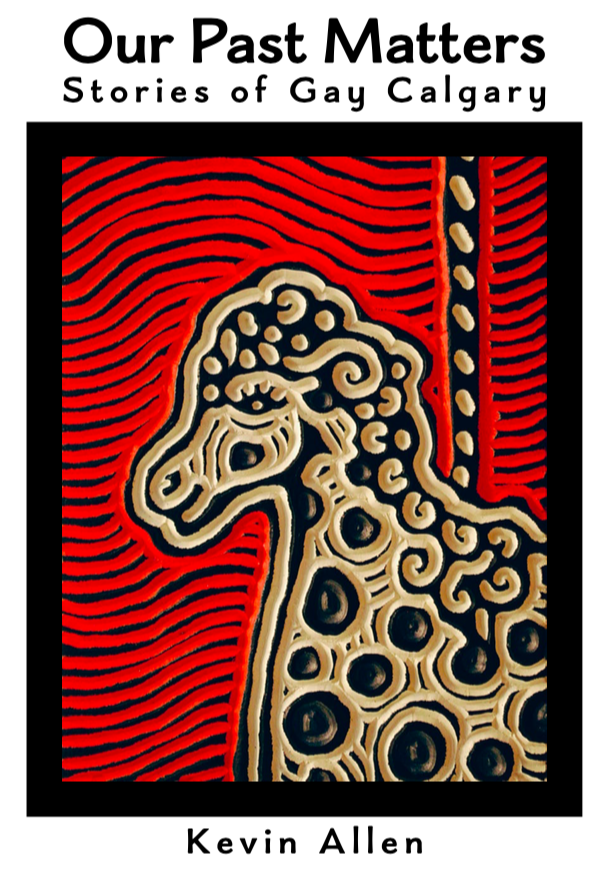Calgary’s first gay bar, Club Carousel, has inspired many contemporary events. The latest will be a dance party thrown by the pop-up collective Pansy Club on May 10th.
The Pansy Club, a significant addition to our community, was established in 2021 as a bi-monthly 2SLGBTQ+ music night at Kaffeeklatsch, a former Beltline cafe at 1205 1 St. SW—coincidentally beside the original Club Carousel at 1207 1 St. Spearheaded by Cal Gibbens, the name Pansy Club was inspired by one of the stories he read in Our Past Matters, a testament to our rich history.
I’m inspired by history. The Pansy Club is a collective with the goal of creating an affirming, safe space. Our events are designed to attract and embrace people who may feel they don’t belong in other spaces, ensuring everyone feels welcome and accepted.
Cal Gibbens
In a lovely resonance, those goals are similar to those of the 1970’s Club Carousel.
Thank you, Cal, we’re looking forward to it!
✨️🎠 CLUB CAROUSEL 🎠✨️
Step back into the 70s and get your groove thang on 🪩✨️Pansy Club brings you a night of soulful disco, house & funk in a throwback to the city’s first-ever gay bar – Club Carousel!🕺
Friday May 10th
At Sunalta Community Hall
8pm – 1am
$10 or PWYC. Advance tickets: here!
Early Mixer 8 – 9pm
Drag Show 9 – 10pm
Dance Party 10pm – 1am
{KA}














